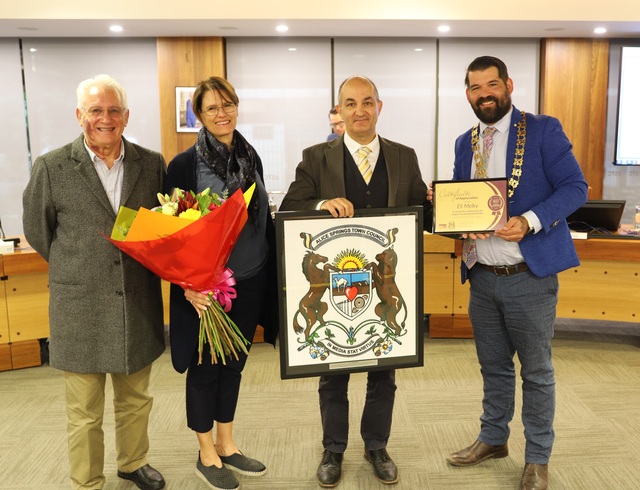A shortage of skilled workers across Western Australia has Local Government increasingly using consultants to fill key positions. Western Australian Local Government Association (WALGA) Chief Executive Officer, Ricky Burges, said a recent survey of Councils found the occupations that were most in short supply were planners, engineers, accountants and building surveyors, but that there were shortages across all areas of operations.
The WALGA survey has been supported by the latest Australian Bureau of Statistics data that found Western Australia has achieved an all time high in skilled vacancies, with index growth over the past three years at 88 per cent, compared with a 3.5 per cent reduction in the national skilled vacancy index.
Ricky Burges said with the State unemployment rate at just 3.9 per cent, most industries would probably have problems recruiting, though she believes many people still underestimated the career opportunities in Local Government.
“If career growth is your motivation, it is worth knowing that no other industry in Western Australia has 144 Chief Executive positions,” she said. “Whereas if lifestyle is your motivation, few other industries offer the opportunity to work in any location in the State. Increasingly, Councils are being forced to retain the services of consultants in key areas because of the inability to attract appropriately qualified and experienced staff.
“In most cases there is a financial cost in engaging a consultant as compared to an employee provided with continuity of employment. The longer Councils use consultants the greater this additional cost becomes.”
The survey found the areas where Councils had retained consultants, as a result of being unable to recruit staff, were planning (62.1 per cent of Councils surveyed), engineering (44.8 per cent), building surveying (34.5 per cent) and information technology (20.7 per cent).
It found Councils reported the most difficulty recruiting in the areas of planning (63.8 per cent of Councils surveyed), building surveyors (53.2 per cent), engineers (51.1 per cent), accountants (51.1 per cent), environmental health (40.4 per cent) and information technology (19.1 per cent).
Ricky Burges said finding skilled employees was not limited to white collar areas, with problems also in horticultural (14.9 per cent of Councils surveyed), recreation services (14.9 per cent) and childcare (12.8 per cent).
“When Councils are having problems hiring gardeners and people to work at swimming pools you know that the skills shortage needs urgent redress,” she said.“The ABS reported average wages have increased by 6.6 per cent over the past year which suggests Councils may have to re-evaluate what they are offering candidates against the cost of paying consultants in the long term.”







